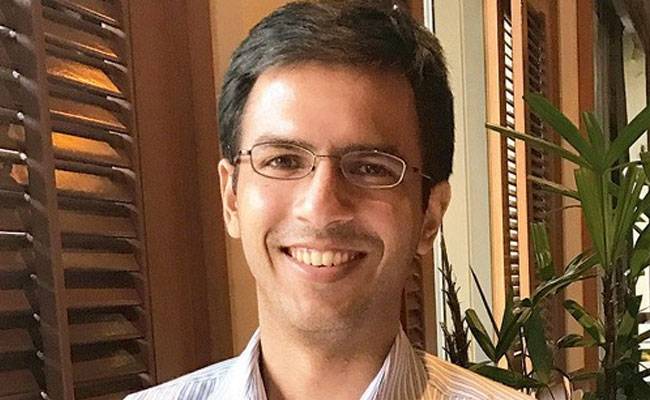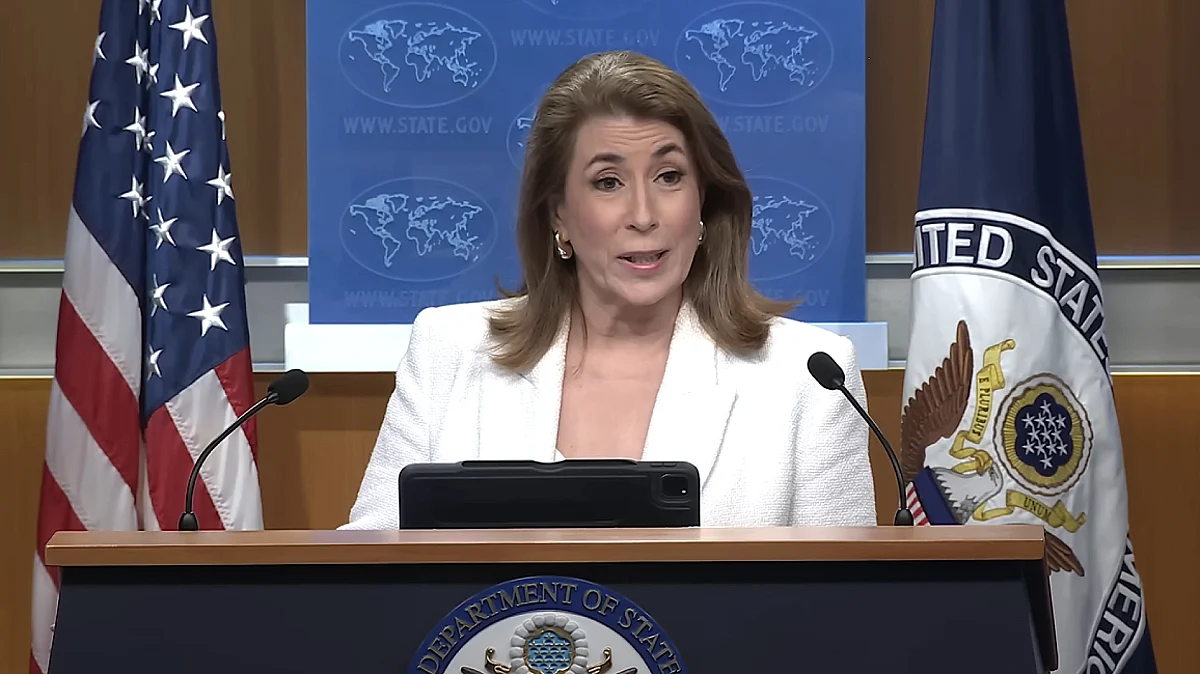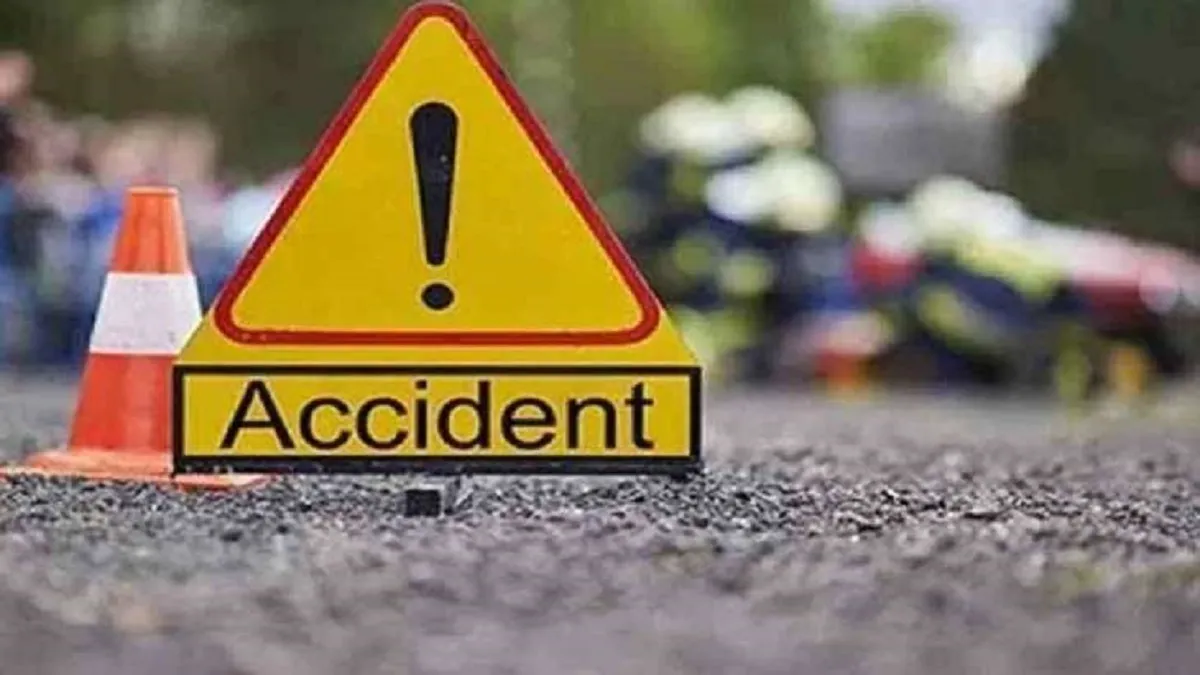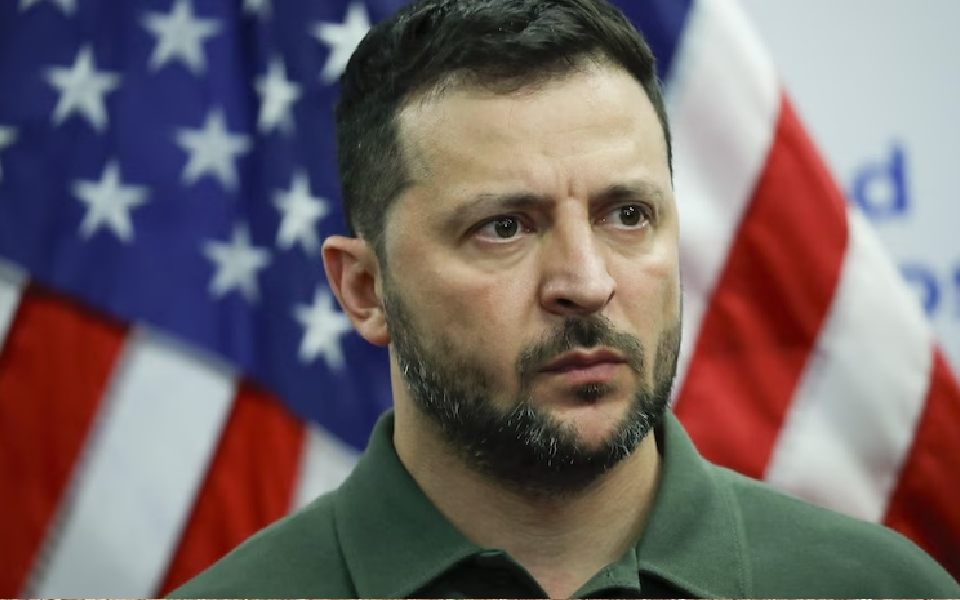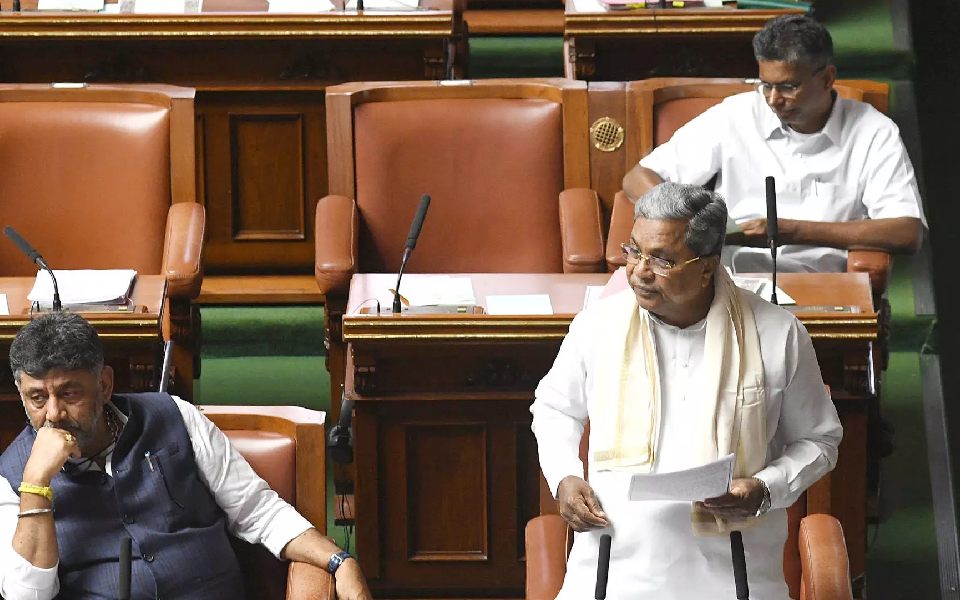Mumbai: In a detailed and insightful exposition on the Citizenship Amendment Act (CAA), Abhinav Chandrachud, a prominent lawyer and writer, offered a thorough analysis at the Mumbai Collective event in February 2020. The video is once again doing rounds across social media platforms days after the government of Indian led by Prime Minister Narendra Modi notified the CAA ahead of the 2024 general elections.
With his background as the son of Chief Justice DY Chandrachud, his perspective carried weight as he delved into the historical backdrop and contemporary implications of this contentious legislation.
Chandrachud commenced by taking the audience back to the tumultuous period post-India's partition in 1947. He recounted how a significant number of people migrated from West Pakistan (present-day Pakistan) to India, forming the initial wave of immigrants. A subsequent wave in 1948 saw the return of many Muslims who were originally Indian citizens but had left during the partition chaos.
However, this return posed a challenge because the properties owned by these returning Muslims had been allotted to Hindus and Sikhs who had migrated earlier. To navigate this sensitive issue and prevent potential conflicts, the government introduced a "permit system." This system allowed provincial governments to decide whether these returning Muslims could be granted permanent residency based on the properties they owned, he added.
Chandrachud pointed out that this system displayed clear biases, with only a fraction of the applicants being granted permits. He emphasized how this historical context sheds light on the inherent lack of secularism in the law, despite no explicit mention of religion in the constitution.
He also explained how this permit was only applicable to people coming in from West Pakistan and not East (present day Bangladesh), because 16 million Hindu stayed in the region, and it would have been tough for them to come back if they were wanting to.
Moving on to the recent amendments to the citizenship law, Chandrachud highlighted the selective nature of the changes. He questioned why certain religious and non-religious groups, such as Jews, Parsis, and atheists, were excluded from the provisions of the CAA. Chandrachud further pointed out disparities in the naturalization timelines for Parsis fleeing persecution from different countries, illustrating inconsistencies in the law's application.
“When I posted online a paper that I wrote, I was told that the Jews have Israel, but if Jews have Israel, the Christians and Buddhists have their own country too, we have included them,” he added.
If Parsis who originally fled the religious persecution in Iran, seeks Indian citizenship for them to get naturalized citizenship, they have to wait for 11 years, but for the Parsis who flee religious persecution in Afghanistan, they can get Indian citizenship in five years, doesn’t make sense.
Addressing concerns about the impact of the CAA on marginalized groups, Chandrachud raised thought-provoking questions. He questioned the morality of punishing individuals born in India to undocumented immigrant parents, challenging the fairness of deporting or incarcerating them for circumstances beyond their control.
“Let’s assume both your parents are illegal Bangladeshi immigrants and they came and settled in Maharashtra, and the child was born in Maharashtra, is it the fault of the child that he was born in India? Is being born a crime? Is it fair to now deport the child to the country that he/she has never known or been? Or jail that person for being born in India?” Chandrachud asked.
"What if you're an orphan? You have to prove that your parents are citizens and you don't even know who they are," he added.
In his comprehensive analysis, Chandrachud not only traced the historical evolution of India's citizenship law but also scrutinized its contemporary implications. His insights, accessible and relevant to the Indian audience, underscored the complexities and ethical dimensions inherent in the issue of citizenship in the country.
Let the Truth be known. If you read VB and like VB, please be a VB Supporter and Help us deliver the Truth to one and all.
New York/Washington (PTI): America’s relationship with both India and Pakistan is “good”, the US State Department has said, asserting that the diplomats are "committed to both nations".
Speaking at a briefing on Tuesday, State Department spokesperson Tammy Bruce said that the US working with both nations is good news for the region and the world, and will promote a beneficial future.
“I would say that our relationship with both nations is as it has been, which is good. And that is the benefit of having a President who knows everyone, talks to everyone, and that is how we can bring differences together in this case. So it's clear that the diplomats here are committed to both nations,” Bruce said.
She was responding to a question on the possibility of increased US assistance to Islamabad in terms of arms sales following Pakistan Army Chief Field Marshal Asim Munir’s meeting with Trump, and whether this was coming at the cost of Trump's relationship with Prime Minister Narendra Modi.
Referring to the May conflict between India and Pakistan, Bruce added, “Obviously, we had an experience with Pakistan and India when there was a conflict, one that could have developed into something quite horrible.”
She said that there was "immediate concern and immediate movement" with Vice President J D Vance, President Trump and Secretary of State Marco Rubio in “addressing the nature of what was happening….we described the nature of the phone calls, the work that we did to stop the attacks and to then bring the parties together so we could have something that was enduring."
She also claimed that top leaders in the US were involved in “stopping that potential catastrophe.”
New Delhi has been maintaining that India and Pakistan halted their military actions following direct talks between their militaries without any mediation by the US.
Bruce added that the recent peace agreement between Armenia and Azerbaijan “follows negotiated peace arrangements between Cambodia and Thailand, Israel and Iran, Rwanda and the Democratic Republic of the Congo, India and Pakistan, Egypt and Ethiopia and Serbia and Kosovo.”
Meanwhile, in an interview on Tuesday, Rubio said that “credit goes to” Trump for helping bring several conflicts around the world to an end.
Trump says he wants “to be the President of peace. And so any time we see a conflict where we think we can make a difference, we get involved, and we’ve had good success in that regard. India-Pakistan, Thailand-Cambodia, the peace deal with Azerbaijan and Armenia, just a few days ago,” he said in an interview with ‘Sid and Friends in the Morning’.

